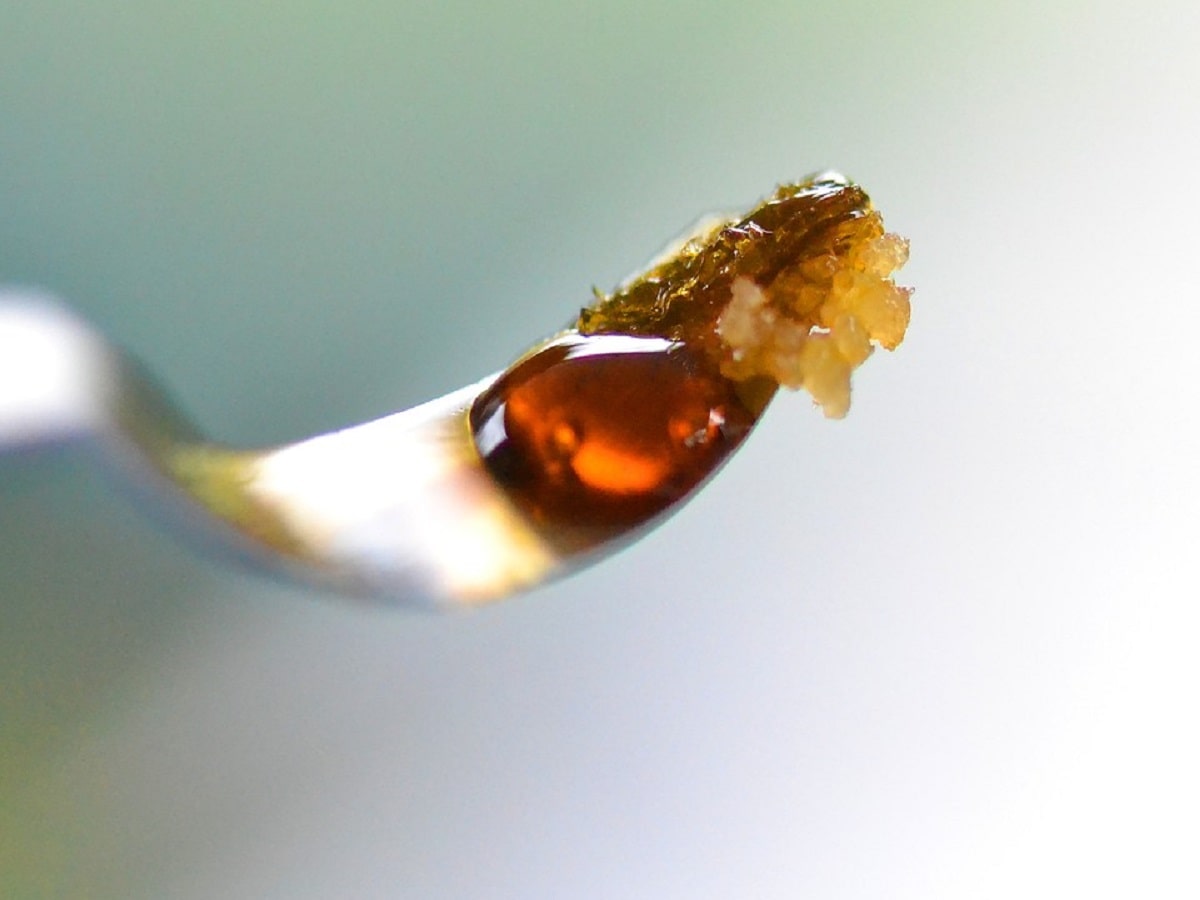Modena, Italy: The twice-daily use of THC-dominant plant-derived extracts is associated with symptom mitigation in patients with Alzheimer’s disease (AD), according to observational trial data published in the Italian journal La Clinica Terapeutica.
Italian researchers assessed the safety and efficacy of cannabis extracts containing 22 percent THC and 0.5 percent CBD in 30 patients with mild to severe Alzheimer’s disease. Study participants administered the extracts twice daily for 12 weeks.
Investigators reported reductions in patients’ agitation, apathy, irritability, sleep disturbances, and eating disturbances following cannabis treatment. They further acknowledged “lower levels of physically and verbally aggressive behaviors … in all patients.” Forty-five percent of subjects experienced “a significant decrease in cognitive impairment.” None of the patients complained of any adverse side effects. All of the patients exhibited increased quality of life and a “decrease in caregiver burden and costs of medical care and assistance.”
Authors concluded, “The results of our clinical trial suppose the effectiveness and in particular the safety of [a natural] CBD/THC preparation in two main symptoms of AD, agitation and weight loss.”
Prior trials have demonstrated the ability of both natural cannabis extracts and synthetic cannabinoids to mitigate various symptoms of Alzheimer’s. Preclinical data has shown that both THC and synthetic THC agonists can modulate neuroinflammation and the formation of amyloid plaque in the brain – both of which are believed to play a key role in the development of AD.
Full text of the study, “Oral THC | CBD cannabis extract in main symptoms of Alzheimer’s disease: Agitation and weight loss,” appears in La Clinica Terapeutica. Additional information on cannabinoids and Alzheimer’s disease is available from NORML’s publication, Clinical Applications for Cannabis and Cannabinoids.
Source: NORML – make a donation

